There’s a nickname you’ve likely heard for the current industrial farming complex: “big agriculture.” “Big,” as in it dwarfs all the current alternatives and is driven by some of the most powerful capitalist forces in the world. It’s so complex that most of us cannot even begin to truly comprehend the “big”-ness of it. That is, unless you’re Kimbal Musk.
If the name sounds familiar, it might be because Musk and his brother Elon rank among the world’s most respected tech paragons. Since the 1990s, both brothers have been associated with headline-grabbing startups, with Musk personally advising on or investing in such ventures as Zip2 and PayPal. Yet in the early 2000s, his path began to diverge from the digital world to something more intimate and tangible: the business of food.
As Musk explains, technology was never his passion: “The opportunity to work on the Internet isn’t something you turn down; it was amazing. But it was never something I loved.” Growing up in South Africa, it was food that first captured Musk’s interest, when his family’s childhood cook proved more sufficient than extraordinary. “Once I realized that, if I cooked, my entire family would sit down to eat together, I was hooked,” he says.
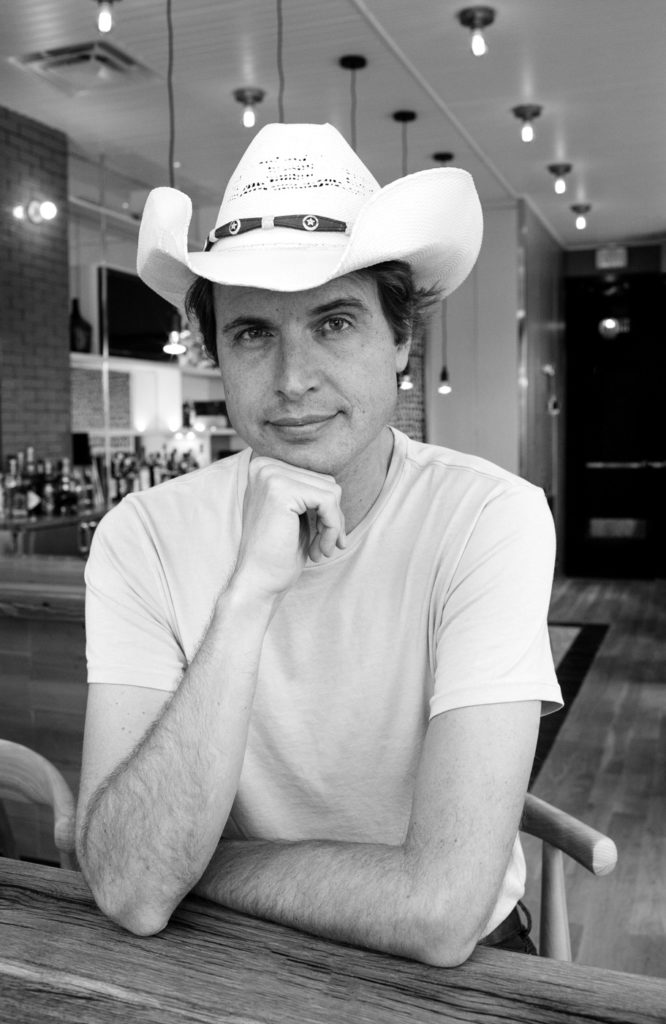
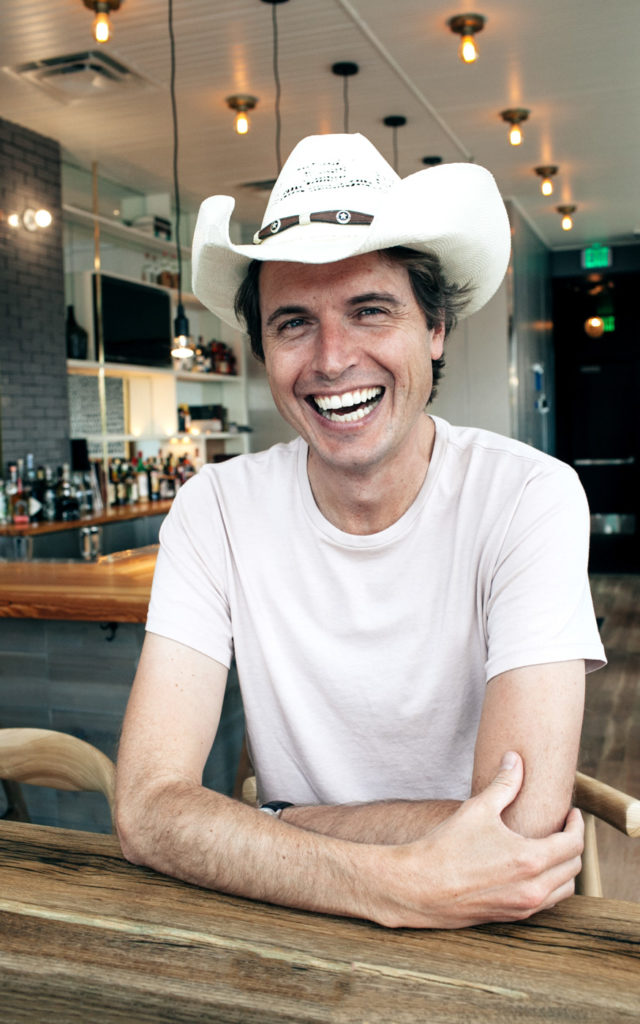
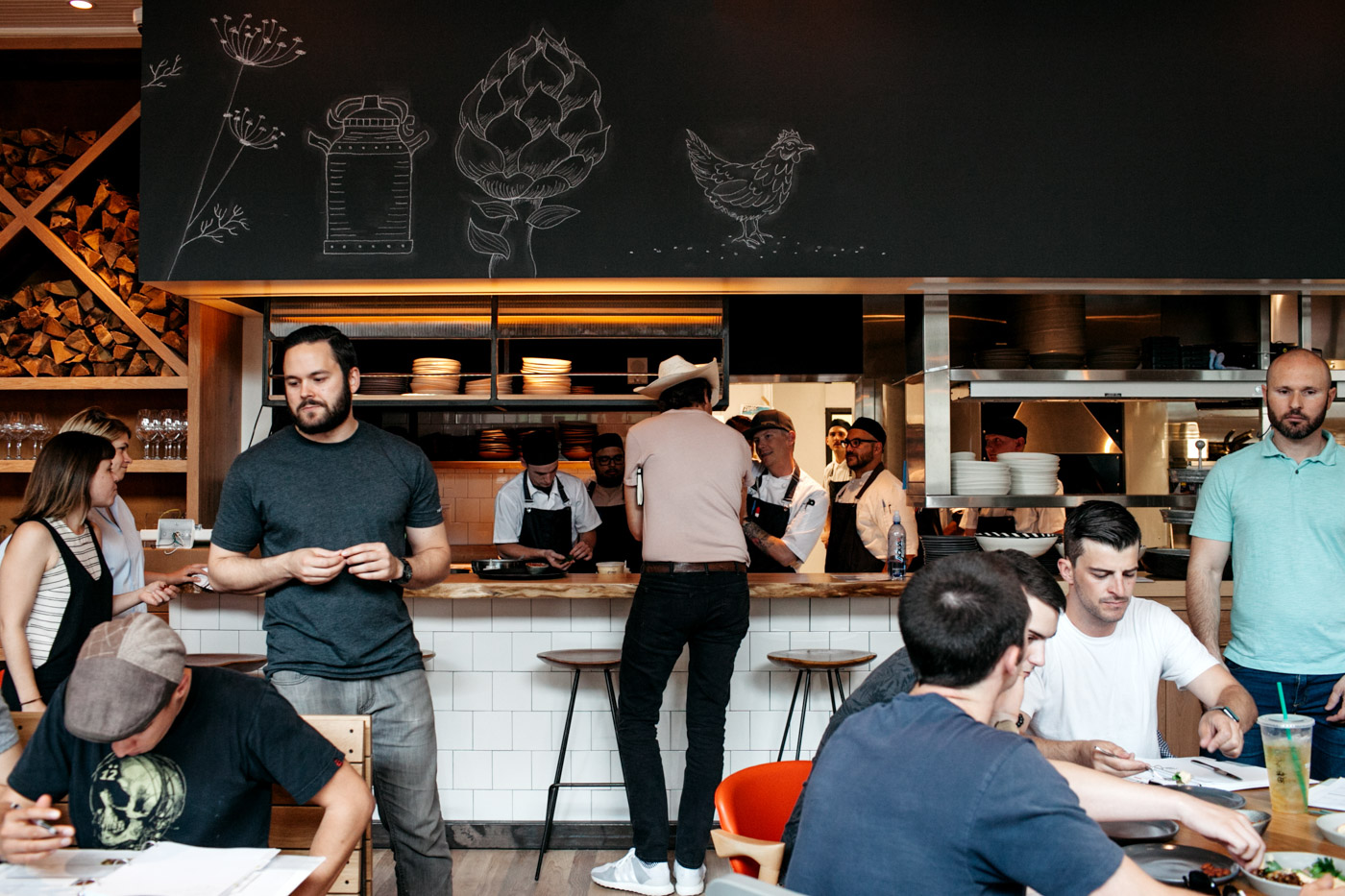
With these memories in mind, Musk traded the California tech scene for culinary school in New York City, enrolling at the French Culinary Institute. Yet rather than a restaurant kitchen, his first experience “on the line” was volunteering to cook for firefighters at the World Trade Center during the six weeks following 9/11. He then relocated to Boulder, Colorado, in 2002. There he met Hugo Matheson, a British cook who previously trained at the beloved River Café in London. Their common ex-pat status helped spark conversation between the strangers, resulting in an informal dinner invitation that would change both of their lives.
“The first farm-to-table dinner I ever had was at Hugo’s house,” Musk recalls. “There was a grilled and braised eggplant dish, and the ingredients were from a small farm called Hedgerow. Coming from New York, where [at that time] everything was about preparation and less about sourcing, it was amazing to see someone let the ingredients lead—and the flavor was incredible. That night, I asked Hugo to partner with me, and eighteen months later, he, my then-wife Jen, and I had opened The Kitchen in Boulder.”
The name of the restaurant was inspired by Musk’s desire to recreate the feeling of community around his own childhood kitchen table; the menu was built on Matheson’s affinity for local ingredients. Yet the latter would prove a challenge in the early stages, as many small farmers disliked working with restaurants. Sourcing and developing positive relationships became a primary focus for their team, with the Hedgerow farm serving as a launching point for growing their network.
Thirteen years later, what started as a single farm-to-table restaurant has expanded into a network of interconnected real food ventures. In addition to five locations of The Kitchen, in 2011, Musk and Matheson introduced an “urban casual” concept called Next Door, with a focus on bringing affordable healthy food to cities throughout America’s heartland. With four locations of Next Door now open in Colorado, their goal is to open fifty Next Door eateries by 2020. This summer, the group has also launched a third dining format, Hedge Row, focused on rustic wood-fired, vegetable-focused flavors, which is now open.
![]()
The Weekend Edition
Get the latest L&T stories and exclusive notes from our editors delivered straight to your inbox—every weekend.
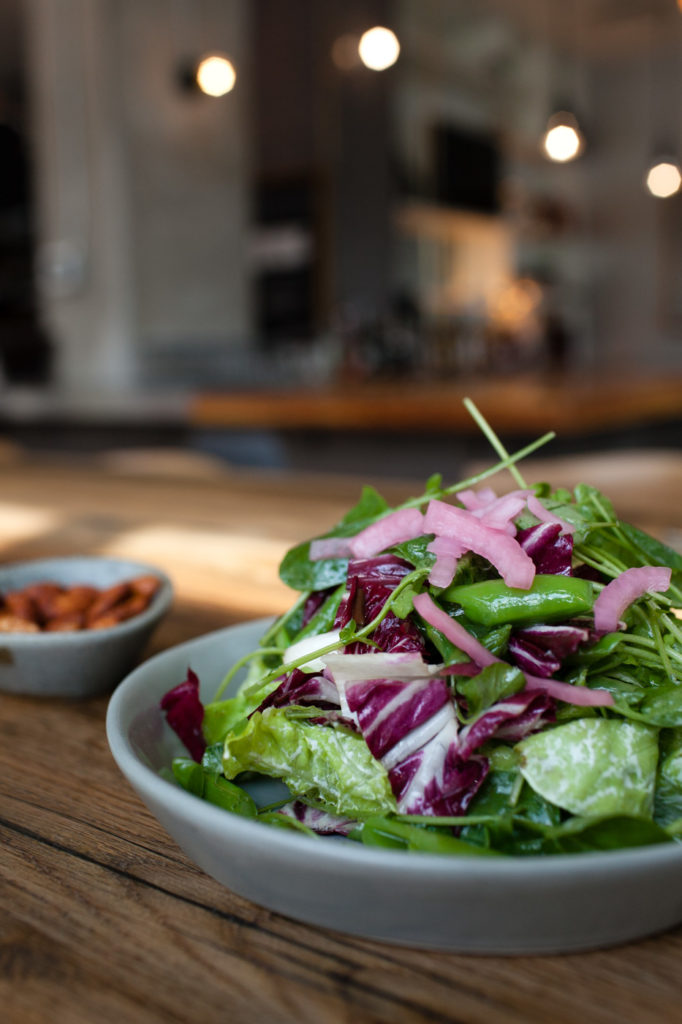
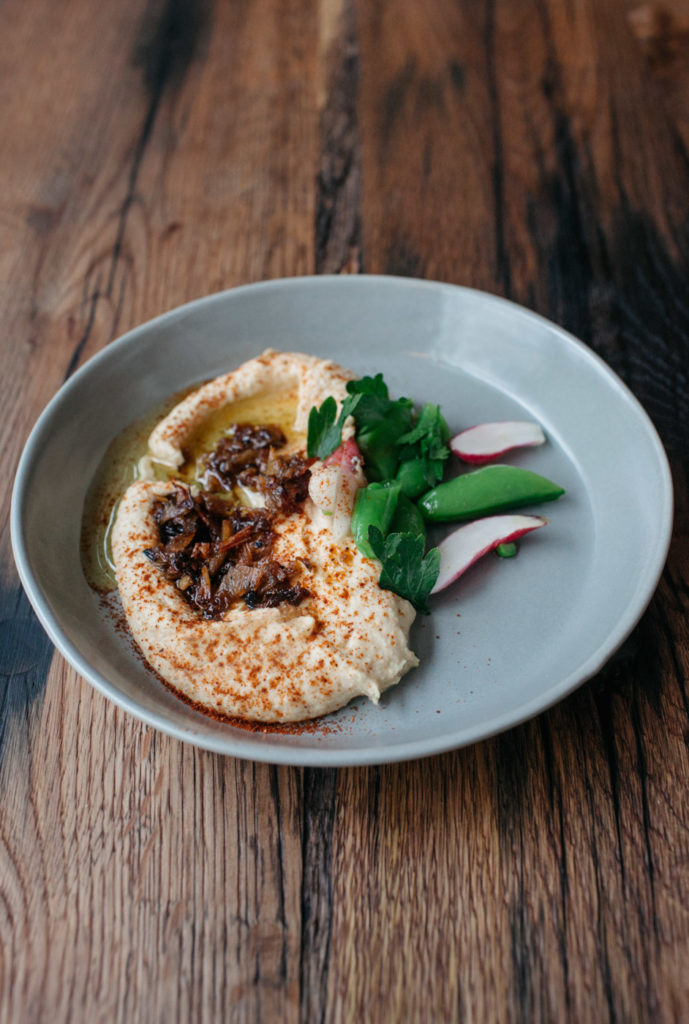
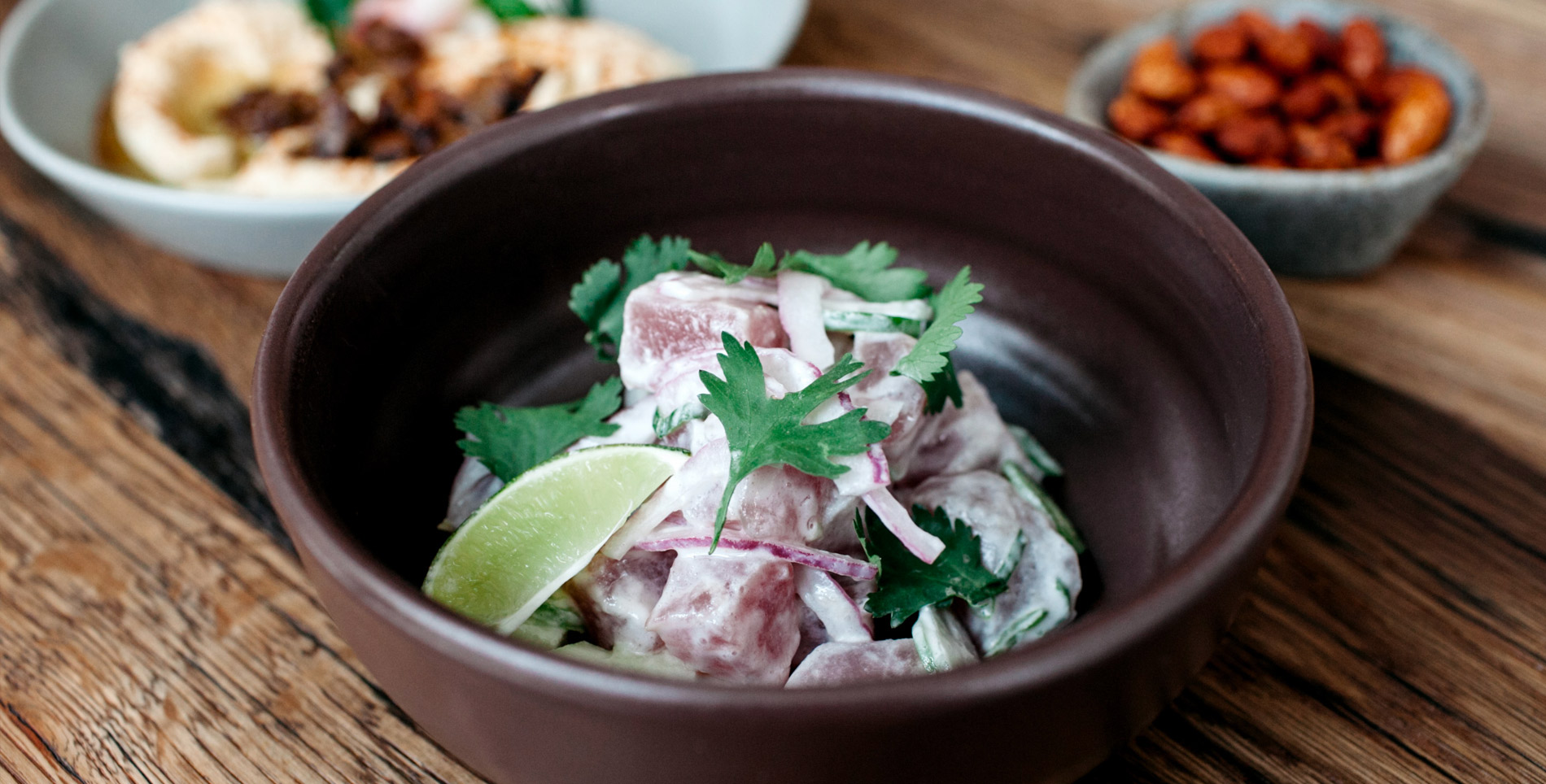
In 2011, Musk and Matheson also founded a non-profit organization dedicated to building outdoor Learning Gardens in underserved school districts. Today, it has grown into the largest school garden organization in the world, reaching nearly 400 schools across America. In 2016, Musk also added a vertical farming accelerator, Square Roots, to his portfolio, co-founded with fellow entrepreneur Tobias Peggs.
The Kitchen has evolved into a mission-driven organization that seeks to prove sustainable food can be a successful business venture. Musk summarizes their target as “working to pursue an America where everyone has access to real food—meaning food that we trust to nourish our bodies, the farmer, and the planet.” The eye-catching detail of course, is that Musk is not a farmer, a restaurant chef, a nutritionist, a gardener, or an ecologist by trade. He’s a respected business leader with the connections to do just about anything, yet he has chosen to take on one of the most controversial, complex and important problems of our age.
What real food activists are all hoping, of course, is that being an outlier will prove the secret to Musk’s success. He sparks our imagination—and commands our attention—with statements like, “Food is the new Internet.” In other words, Musk isn’t simply looking at the food industry as an area of necessary improvement, but rather, as an exciting and viable field for economic and social innovation.
“[Looking at industrial food], we couldn’t design a system that is worse, in terms of proliferating personal tragedy. Through the exposure of the Internet, we’ve learned how much this system has betrayed our trust, and we now have the opportunity to bring trust—the currency of our generation—back into the food system. The entrepreneurs who take on this challenge are going to reform a five trillion dollar industry—one of the biggest in the world.”
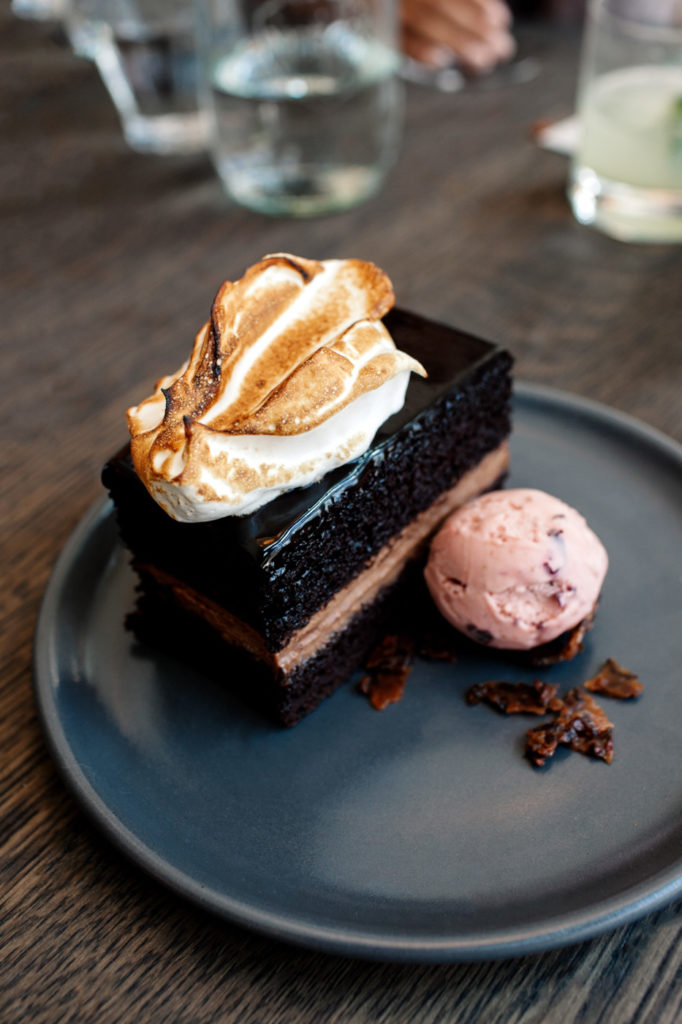
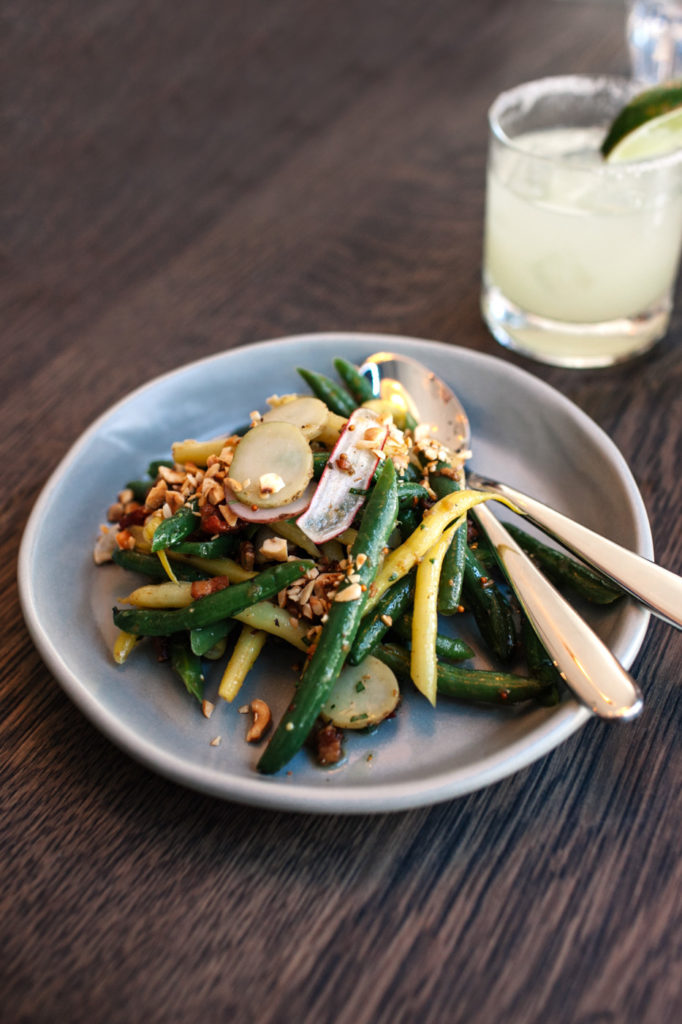
What’s most exciting about this perspective is the sheer fact that Musk believes it’s possible to reform the current system. At a time when companies like Monsanto have done everything in their power to convince us that we need genetically modified monocultures of wheat, corn and soy to feed the world, Musk’s primary mission is to challenge those assumptions.
“I honestly don’t believe that [feeding the world] is a problem,” he argues. “People talk about it being impossible to do through real food, and it’s just not true! There is so much farmland currently devoted to ethanol—so we know we have excess land to use. And frankly, real food farmers are more profitable than ethanol farmers.”
Of course, there’s a significant gap between saying that small farms can feed the world and proving it. Musk’s challenge is to apply tech-world scalability to what remains, in his own words, “largely a cottage industry.” To date, Americans have only figured out how to produce high volumes of poor quality food through the industrial model. If Musk’s sustainable ventures are successful, he believes that he can persuade the power players in the food world to bet their fortunes on growing the small-scale farm movement.
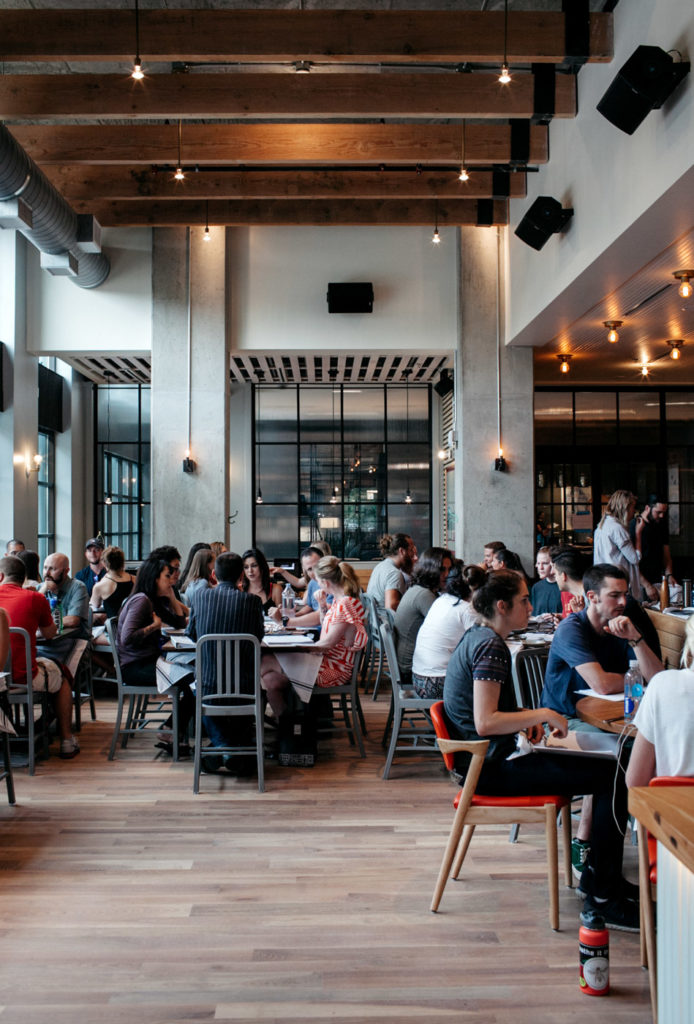
This month, Musk will launch his first location of Hedge Row in Cherry Creek, an upscale neighborhood in Denver, Colorado. By the end of the year, he is slated to open a second Hedge Row in Indianapolis and four new locations of Next Door. Yet despite this constant expansion, Musk admits that much of his work is a strategic leap of faith: “We’re in an unprecedented era for social entrepreneurship, in that we have to create a balance between investor return and social impact. It’s a constantly moving target, and building a viable business model that others can replicate is something I am continually working on. But when I figure it out… I will share it with the world.”





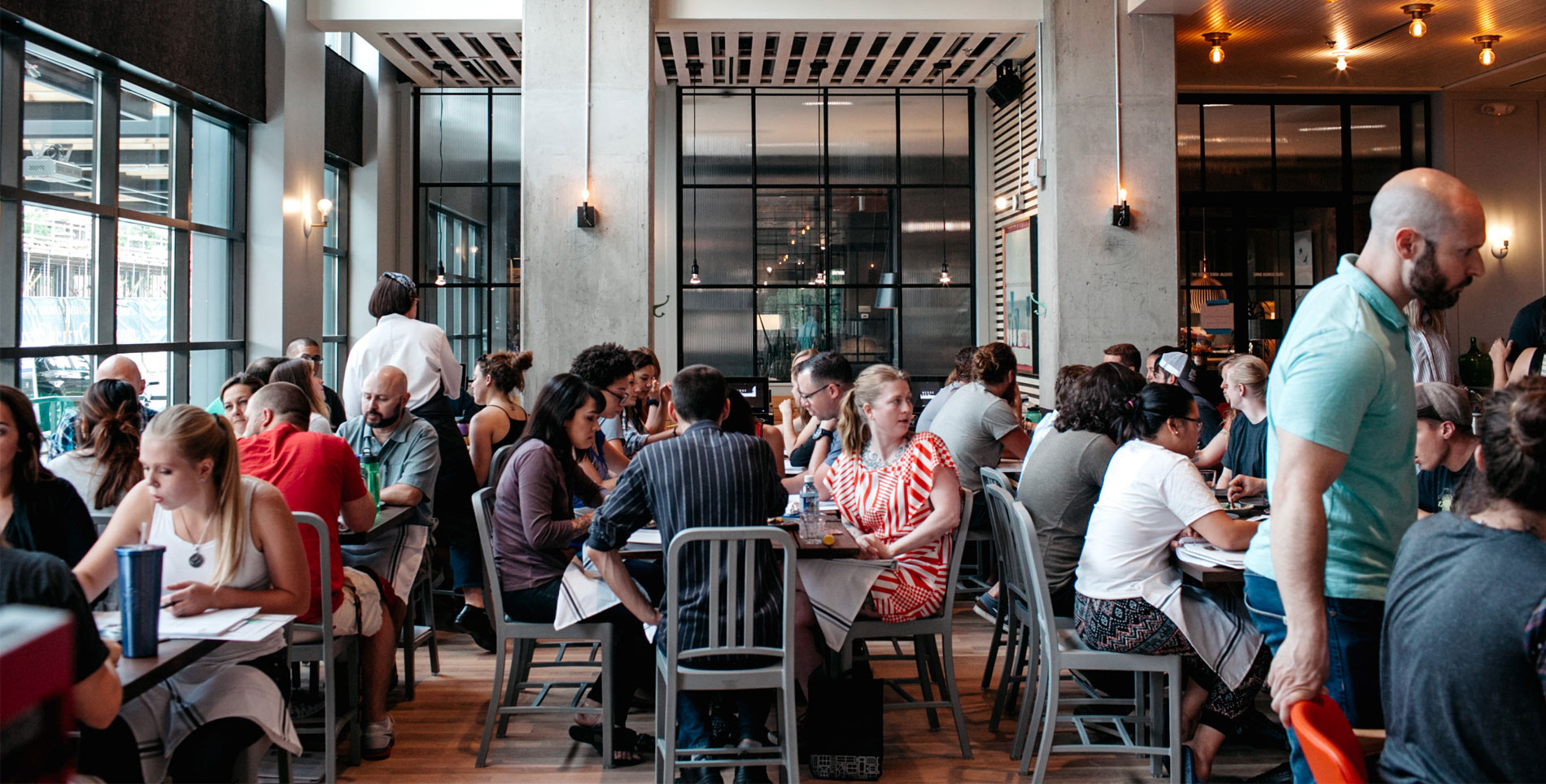

Our comments section is for members only.
Join today to gain exclusive access.